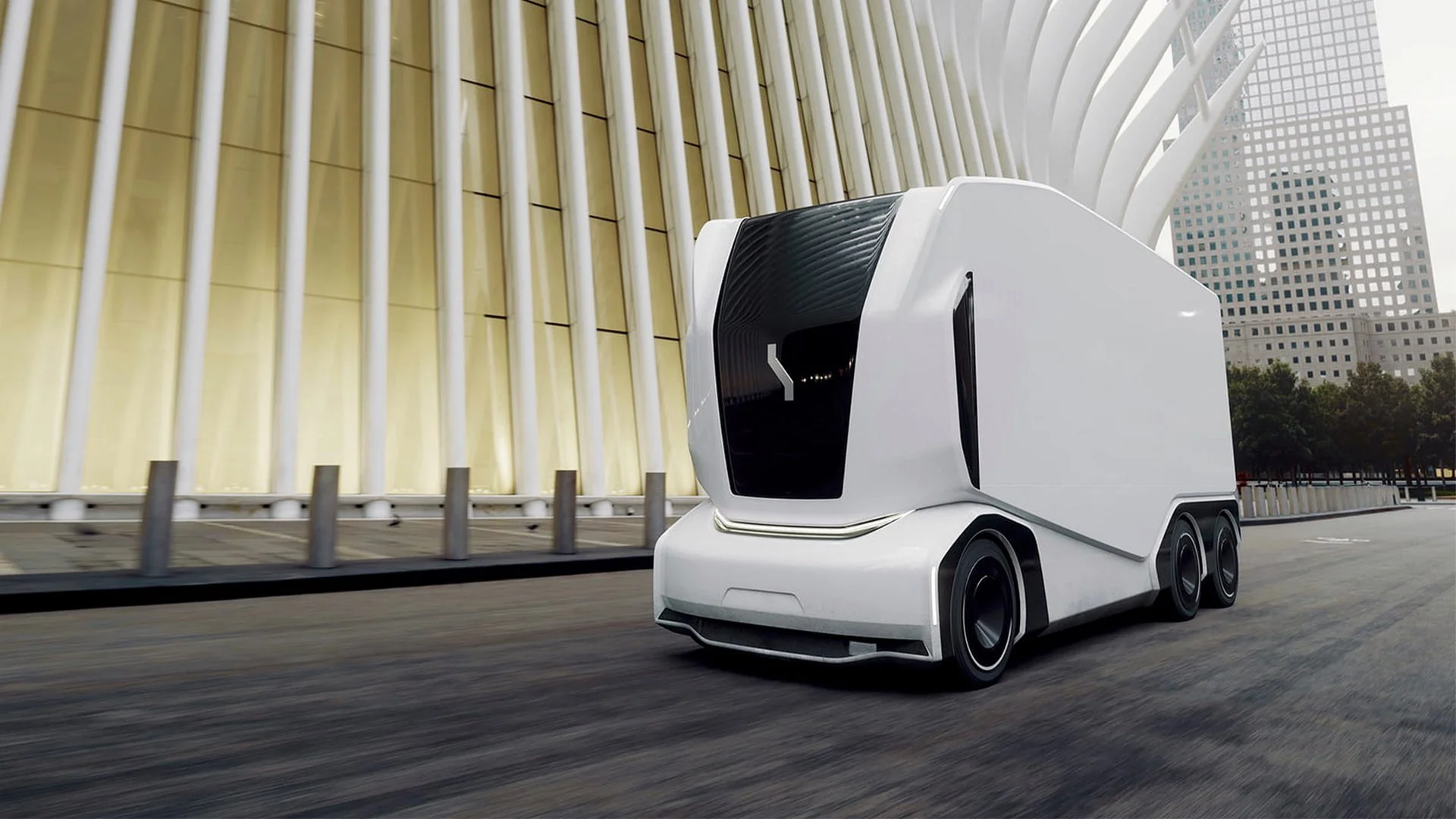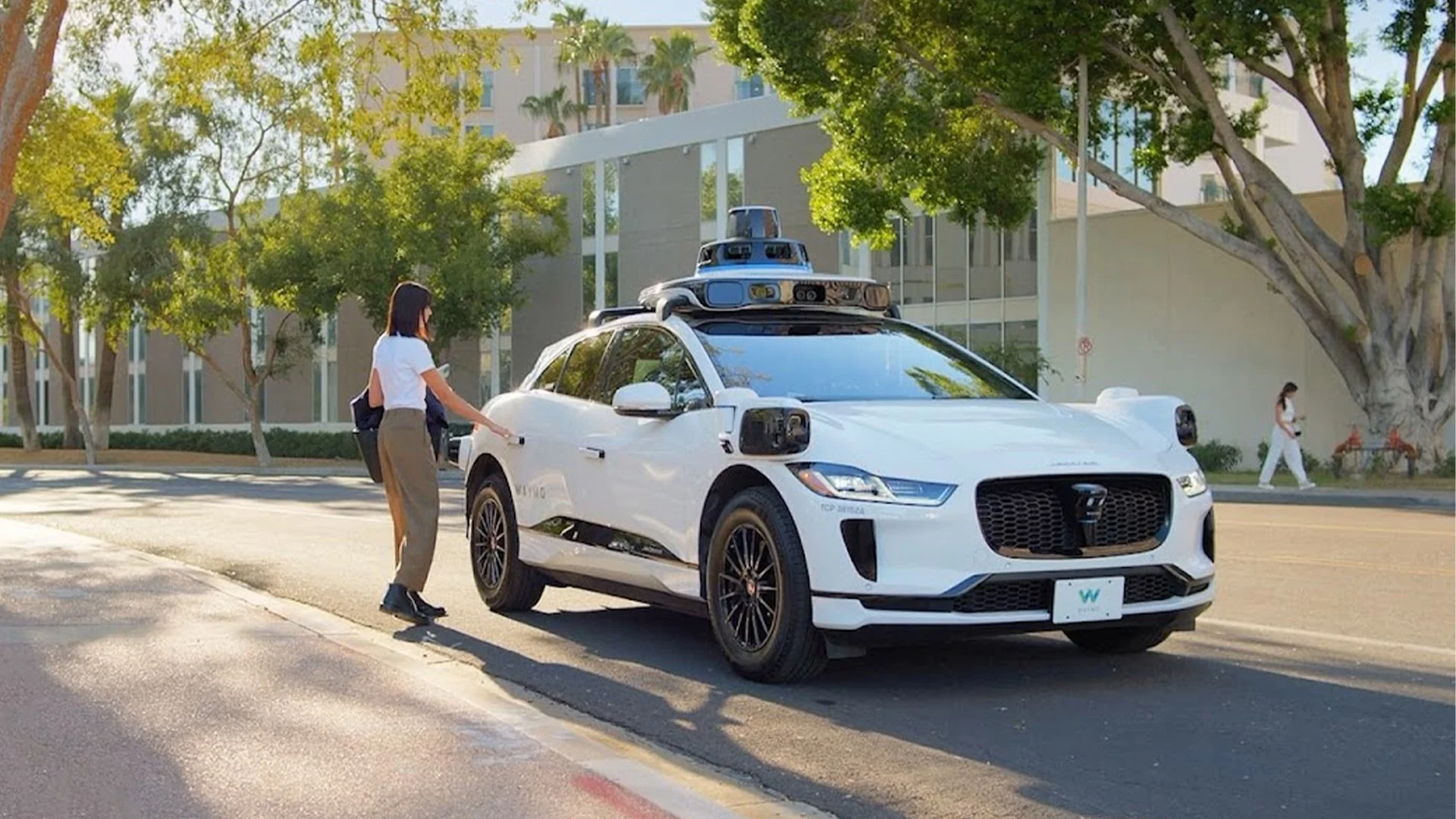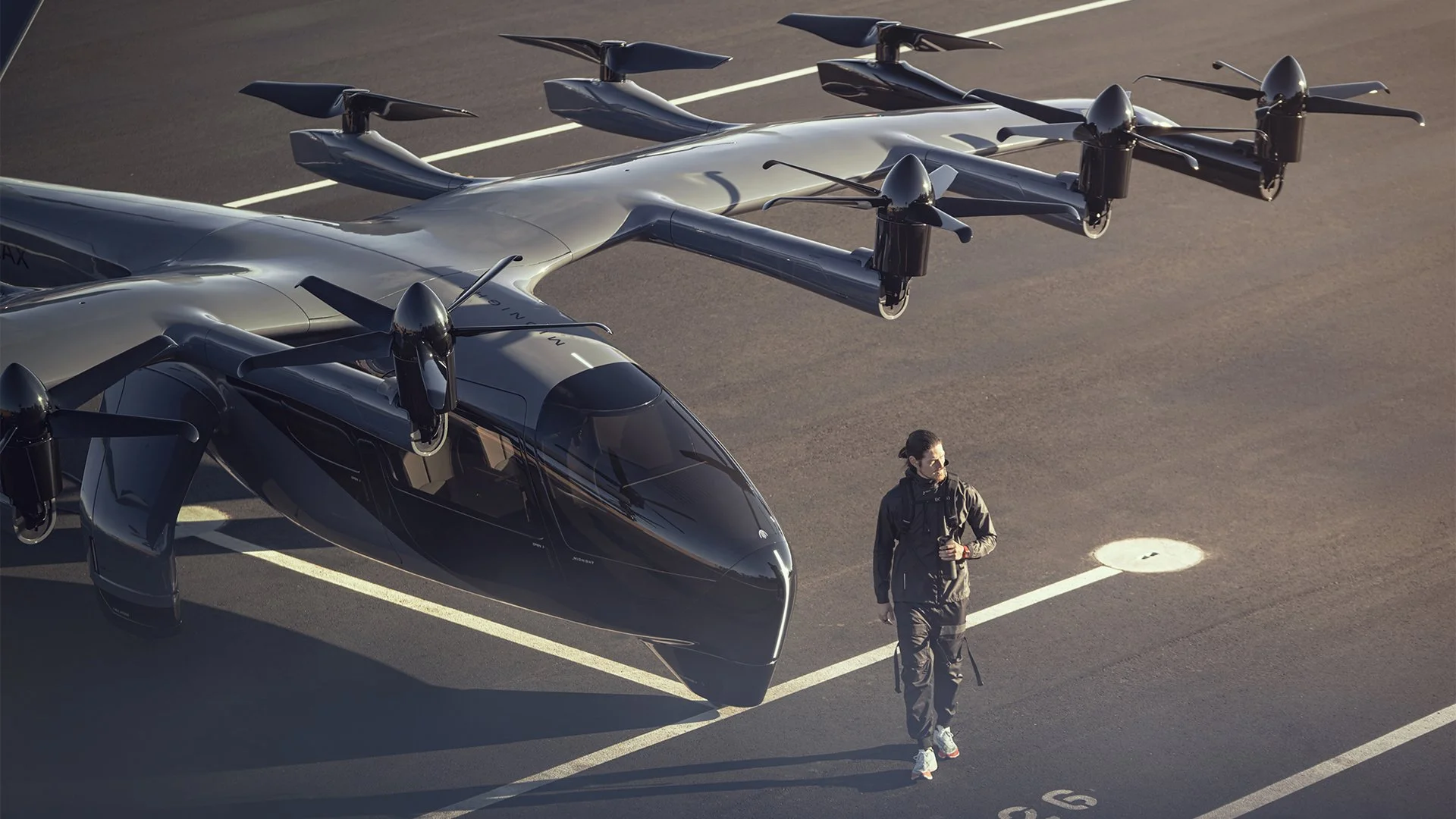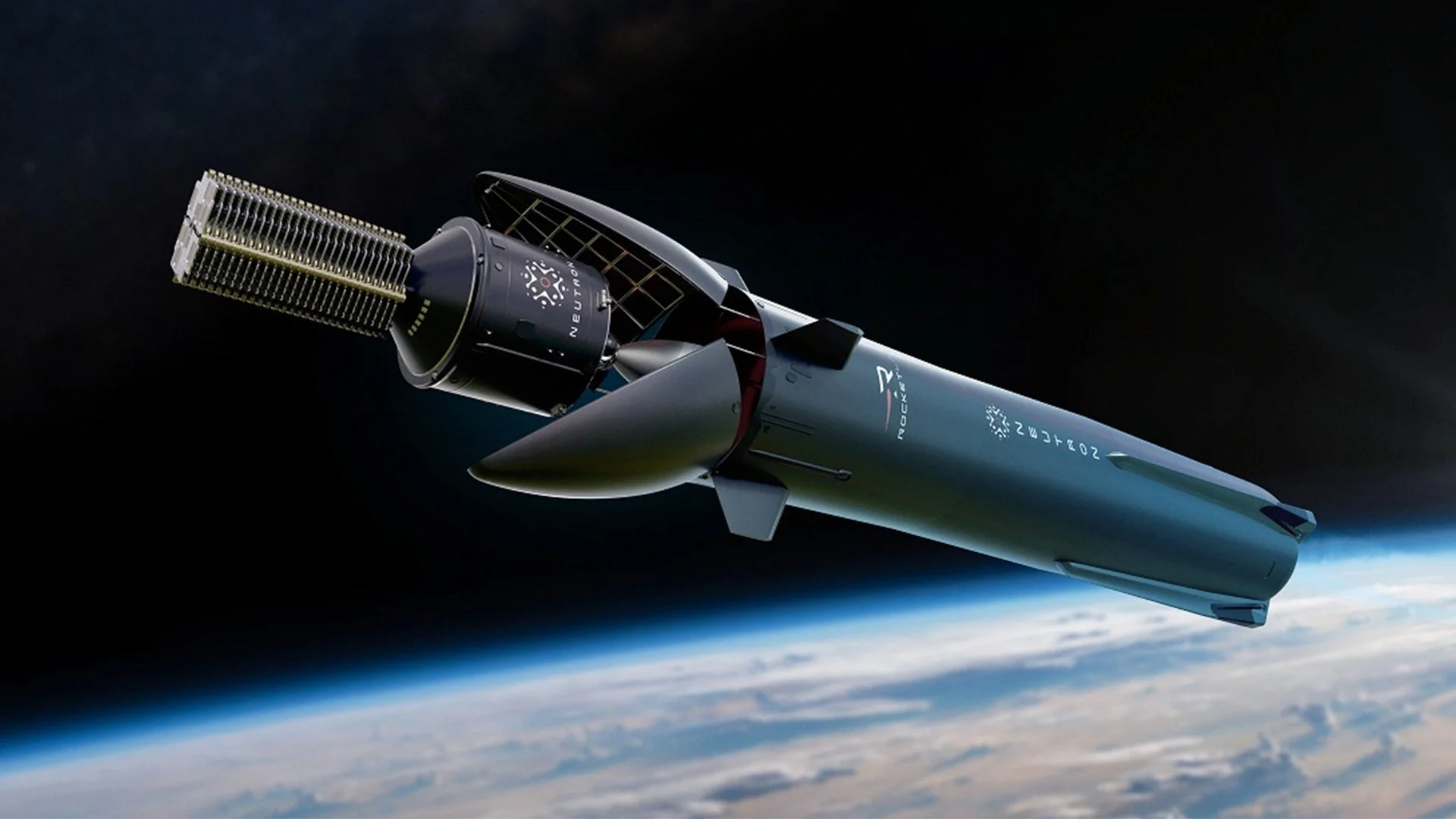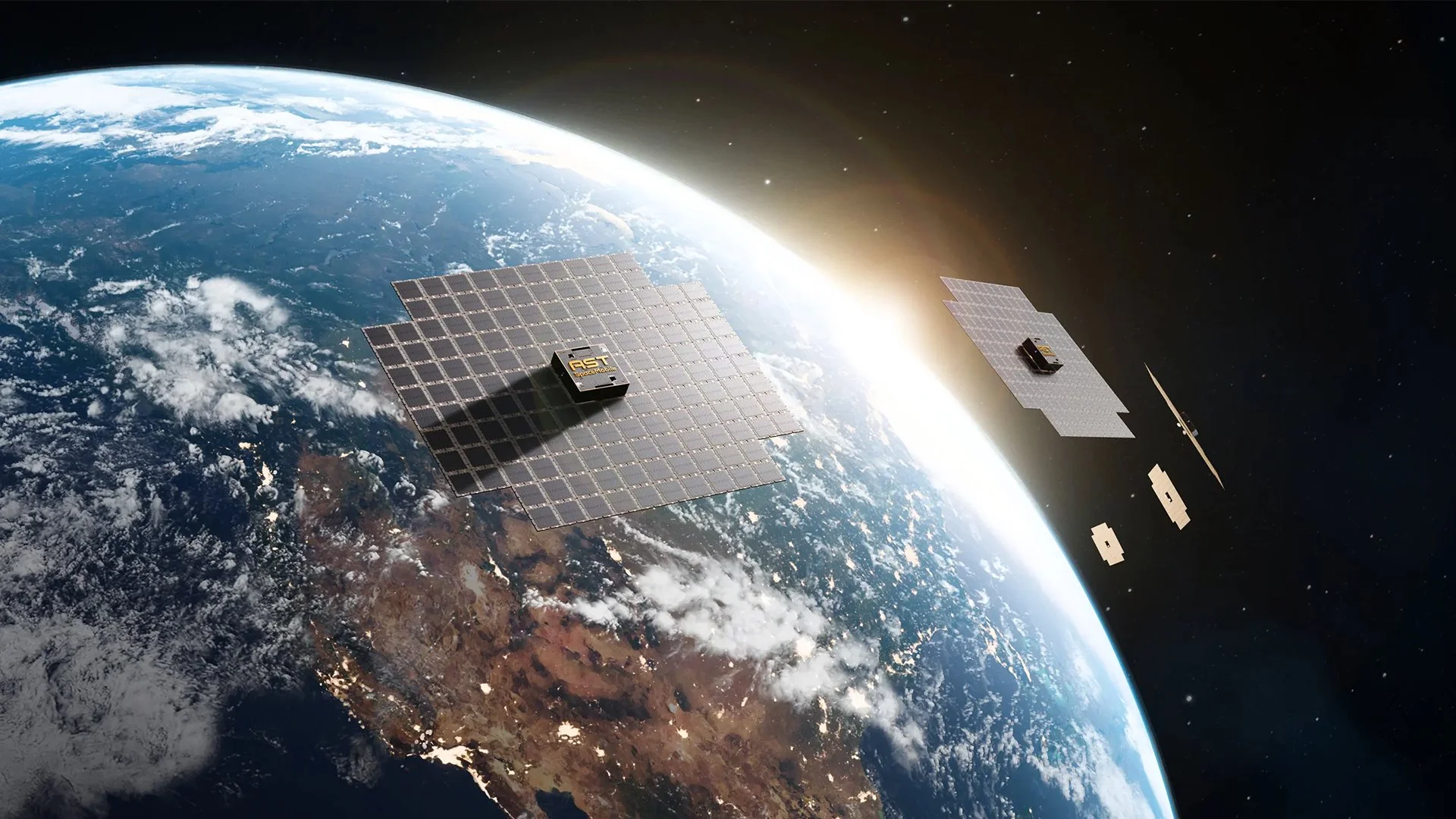Looking Beyond the Tech Apocalypse: A Father's Optimistic Take on Tomorrow 🚀 (Part 1) – From Flying Cars to Space Highways
I've recently become a dad to a beautiful boy who has stolen my heart (alongside my wife, of course – no changes there). Overnight, the way I think about the future shifted. Every headline, podcast, or late-night YouTube rabbit hole now gets filtered through a single question: how will this affect my baby boy?
And if you believe the media, the answer is… badly. AI and automation will eat his job prospects and hollow out society. The economy is a game of Jenga played by geriatrics and crazies. Politics has become so divided that people with differing opinions can barely sit in the same room. Pick your flavour of dystopia. And yes, turbulence is coming. But I'm wired differently – I lean toward optimism. Partly because the alternative is paralysing.
With a sleeping baby in one arm and a smartphone or remote in the other, I've been diving deep into what's next in technology and innovation. And surprisingly, I feel excited for what's on the horizon. It'll feel like riding a rollercoaster during an earthquake – intensely uncomfortable and disorienting. But once the dust settles, I think there's far more upside than the fear-mongering talking heads are forcing into our fragile little prefrontal cortexes.
I grew up with dumb phones, Discmans, scheduled programming, and MySpace (hi Tom). Fast forward twenty years, and I carry a supercomputer in my pocket that streams films, delivers sushi, and answers any question faster than you can say "good riddance, Encyclopaedia Britannica." If that's the leap I've lived through before 40, my son's future will be almost unfathomable. His commute, his career(s), his health, even his friendships will unfold in ways I can barely picture. So let's try anyway.
Autonomous Vehicles: Goodbye Wasted Time
For my son's generation, "learning to drive" may sound about as useful as "learning to operate a fax machine." Companies like Google's Waymo and Tesla's Robotaxi are already proving autonomy works. Once mainstream, driving yourself will feel as archaic as lighting a fire to cook dinner – a playful novelty, but wildly impractical when one eye is on your language-learning app and the other on the latest episode of Love Is… [insert future absurdity].
This shift will redefine personal time. Journeys stop being wasted minutes and become extensions of life – work, rest, even a romantic moment without a driver awkwardly watching in the rear-view mirror. Roads get safer when cars stop tailgating, drink-driving, or road-raging. For him, a car won't simply be a mode of transport – it'll be a mobile spare room with endless possibilities.
The bigger disruption might actually be within trucking and distribution. Always-on trucks mean faster delivery, fewer bottlenecks, and cheaper goods. Entire sectors – from retail to construction – get leaner and more resilient when your supply chain doesn't hinge on driver shortages or fatigue.
Consider this: groceries that cost less, shelves that rarely sit empty, packages that arrive in hours, not days. For his generation, the idea that distribution of goods once depended on human limitation will feel the same as we do now about rotary phones and takeout menus.
Flying Cars: Not Just a Jetsons-Style Fantasy
eVTOLs – or Electric Vertical Take-off and Landing vehicles (sexy name for flying cars, right?) – are no longer science fiction. Often considered "taxis in the sky," companies like Joby and Archer are already test-flying prototypes that look like the love child of a helicopter, plane, and drone – with a little dragonfly for good measure. Unlike helicopters, eVTOLs are fully electric, quieter, and designed for short urban trips – meaning they can safely operate over metropolitan areas without the noise or regulatory headaches that have historically limited aerial transport.
In potentially less than a decade, the idea of spending an hour grinding through traffic or overheating on the Tube could sound insane when a five-minute fly-over becomes feasible. And this isn't just about billionaire joyrides over the peasants. The real shift comes when mobility goes vertical en masse.
Cities will evolve differently when distance or density stops being a barrier. Suddenly, neighbourhoods miles from the centre – the ones currently dismissed for having no train station or reliable bus route – look desirable again if a commute into town takes minutes instead of hours. Property markets will warp, urban planning will reset, and the idea of building extra time into your day just to get to the airport will feel old-fashioned.
The public-good angle is even bigger. Imagine paramedics bypassing gridlock to reach emergencies in minutes. Fire services dropping into hard-to-reach areas. Disaster zones supplied from above when roads are wiped out. eVTOLs could become as much about resilience and reliability as convenience.
With access to the skies easing road and rail congestion, my son’s generation might treat human drivers the way we now treat smoking on aeroplanes – a strange, and frankly dangerous, relic of a less enlightened era.
Astro-tech: Beyond Billionaire Space Dreams
Humanity is quietly building a new layer of infrastructure in orbit – physical and digital networks that will touch life on Earth in ways we're only beginning to grasp. And yes, much of the capital so far has been directed to astronauts building off-world civilisations, and billionaires shooting pop stars into space. But the biggest beneficiaries will eventually be all of us.
Starship rockets from SpaceX promise to move cargo – and eventually people – around the globe at speeds that make planes look sluggish. Medicines, fresh food, or disaster relief could arrive halfway across the planet in hours instead of days. Governments can respond faster, businesses streamline logistics, and for a dash of absurdity, my son could theoretically send a package to the Moon – not just to a mate across town, but to some lunar neighbour. (Good luck covering the shipping fees on that one.)
Rocket Lab is shaking up launches, sending satellites into orbit cheaply and frequently. This means companies and governments can monitor all sorts of things – crop health, weather patterns, or even catch evil dictators in embarrassing situations. AST SpaceMobile is building satellites that beam high-speed connectivity straight to ordinary phones. Even the most remote deserts, oceans, and villages suddenly aren't "off the grid" – they're plugged in and part of the global conversation.
The bigger picture? Space is becoming invisible infrastructure that quietly makes the planet smarter, faster, and more resilient. Supply chains run smoother, governments act quicker, businesses experiment and scale, and everyday life becomes easier. For baby boy, the sky above won't just be stars – it'll be and extension of civilisation itself.
Looking Forward: A Future Worth Believing In
Yes, change this revolutionary will be messy. There will be setbacks, growing pains, and moments that make us question everything we thought we knew. The current generations are already grappling with the pace of change – and understandably so, given how different the world looks today compared to even a decade ago. But for my son, the world he inherits is full of possibilities our generation could barely dream of. These innovations aren't just shiny novelties; they're advancements that can make life safer, more efficient, and better connected.
I can't predict exactly how he'll navigate this new landscape. But I can choose my perspective: to see potential instead of peril, to be curious instead of fearful, and to imagine a world where his life is filled with wonder, not worry.
So while the news cycles scream doom and gloom, I choose optimism. The future isn't something to be feared or overwhelming; it's something to be approached with eagerness and excitement. And if he inherits even a fraction of the intrigue and openness I feel towards what's coming, I have no doubt he'll not just survive in the future; he'll thrive in it.

